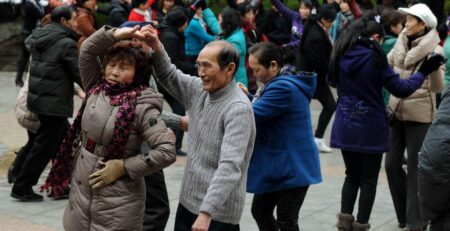Virus Exposes ‘Systemic Risk’ in Australia Pensions Industry
The coronavirus crisis has exposed structural weaknesses in Australia’s retirement savings system and shown the urgent need for the pensions industry to consolidate, according to the government.
Senator Jane Hume, the assistant minister for superannuation and financial services, said the pandemic had highlighted the heavy concentration of some funds, whose membership is drawn from industries such as tourism, retail or hospitality.
That left them vulnerable to the widespread layoffs impacting those sectors. “It’s a systemic risk and it’s been hiding in plain sight for 30 years, but it’s only just coming to the fore,” Hume told Bloomberg’s Inside Track webinar.
“Diversification of the asset base is not just the only important issue, it’s diversifying the membership base too.” In a wide-ranging interview, the senator defended the government’s decision to allow people to access their retirement savings early to stave off financial hardship, despite concerns it would adversely impact their future returns.
Funds shouldn’t have to dramatically shift investment strategies to accommodate the payouts, as the total is so far less than 10% of the cash inflows received last year, she said. There’s been “a mountain made out of a molehill here,” Hume said.
Fund members switching into more conservative investments like cash from aggressive assets has had “a far greater effect on the superannuation funds than the early release scheme.” About 2 million Australians have applied for the first tranche of the early release program, with A$15 billion ($10.5 billion) paid out.
The industry has complained the policy could cause liquidity issues for some funds and see investors miss the opportunity to ride the market rebound.
Read more @Yahoo Finance










